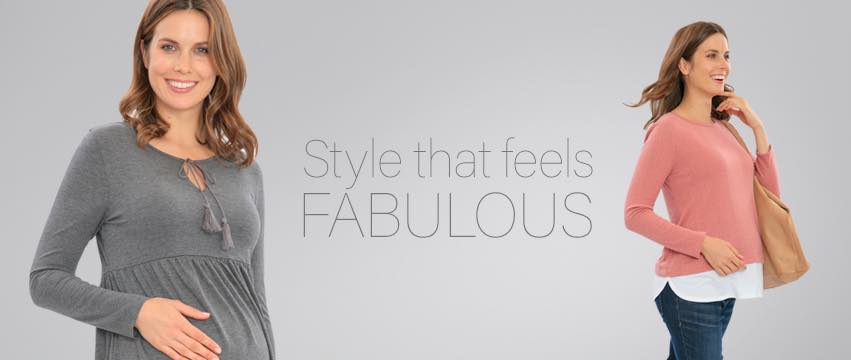My new baby girls is 5 days old and is happy all day. During the day she’s fine having me hold her, or being in a swing. But between 11pm-3pm she does not want to sleep anywhere but right on my wife and will scream endlessly if she puts her down. My wife can’t stay awake during this time and inevitably dozes off. I have heard that sleeping with the baby is dangerous, but we are exhausted. What should we do?”
This is normal. We have heard parents say that their babies slept all night long in a crib from the day they were born, but we have never personally met these babies. Here are a few things to try:
First, try swaddling. Wrap the baby up super-tight in a burrito-style blanket or swaddling wrap. Nurse or feed her until she is asleep. Wait 15 minutes until her eyes close, then slowly and gently slide her into the crib.
If that doesn’t work, consider making your bed a safe sleep space for baby. Bed-sharing has been shown to reduce the rate of SIDS, but it’s also believed that many baby deaths previously attributed to SIDS were actually accidental smotherings. So it’s important to create a safe sleep environment. Some pediatricians warn against bed-sharing, but it’s safer than your wife falling asleep somewhere unsafe accidentally, like in a chair or on the couch. For a safe sleep environment:
- Don’t smoke. Exhaled smoker’s breath actually increases the risk of SIDS, even if you don’t smoke in your house or around the baby.
- Don’t drink alcohol or take sedating medications before bed. Don’t bring the baby into bed if you’ve taken sedating opiates, allergy medications, painkillers, etc.
- Don’t bed-share if you or your partner is obese.
- Use a firm mattress. Get rid of any foam, feather or fluffy mattress pads. Make sure your fitted sheet is fitted well.
- Make sure there are no gaps between the headboard and mattress or the bed and wall or a table. Babies have died from getting wedged in bedroom furniture. Use a bed rail or keep baby in between you. Don’t use sleep positioners, which are foam pillows designed to keep babies on their backs. Babies have smothered when they’ve gotten their faces stuck in them.
- Ban the fluff. Keep pillows, blankets and sheets away from the baby.
- Don’t swaddle or use a sleep sack in the adult bed. Baby needs to have arms and legs free to swat off any blankets or sheets that fall on her face.
- Consider a fan for your bedroom. Circulated air by even a small desk fan has been shown to reduce the risk of SIDS by a whopping 74%. It’s thought that many cases of SIDS are from re-breathed carbon dioxide.
- Don’t leave baby alone in the bed. Even newborns can scoot themselves off of a bed if they wake up to find mom isn’t there. If you must get up to go to the bathroom, leave baby on the floor.
If you’re not comfortable with bed-sharing, another option is a co-sleeper, a little three-sided crib that attaches to the bed. However, some babies are just as unhappy six inches away as six feet away, and note that many infant co-sleepers have been recalled for safety issues, so check recall information before you buy.
If you do bed-share, many parents find that as the baby gets more active at around 4-6 months they’re getting less sleep and running out of room. At that point you can choose to buy a bigger bed, or to transition your baby from your bed to a crib. This will involve some crying, but experts agree that by 4-6 months there is no risk to letting the baby cry himself or herself to sleep in the crib (though not all parents are comfortable with that). It’ll be a tough 2-3 nights of crying, but after three nights almost all babies will have gotten used to the new routine and will cry very little. After six months, transitioning to a separate crib will become progressively more difficult.
Like this article? Check out our book Great Expectations: Baby Sleep Guide: Sleep Solutions for You & Your Baby








Leave a Reply